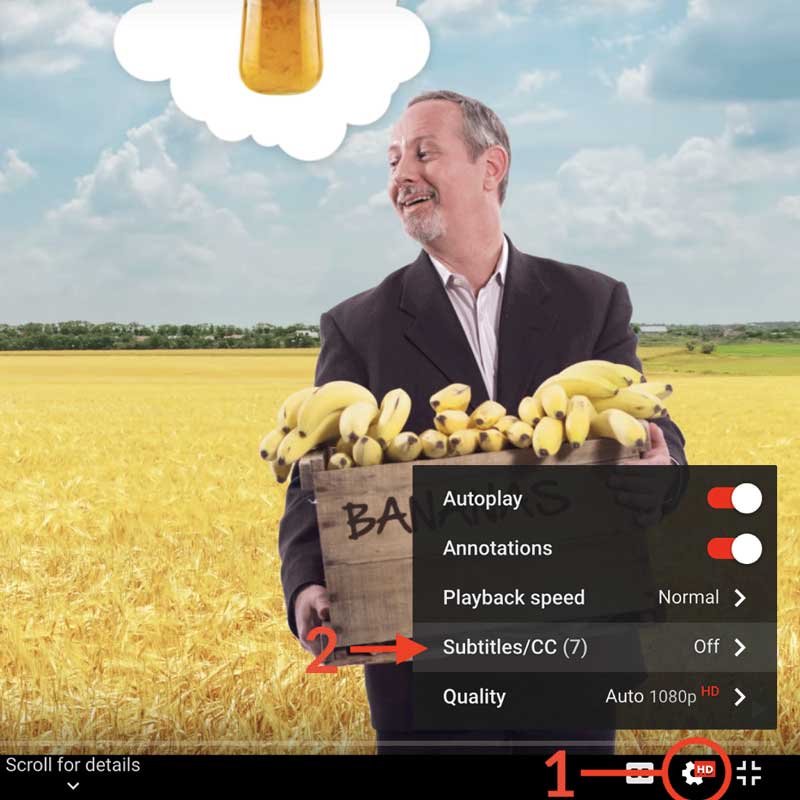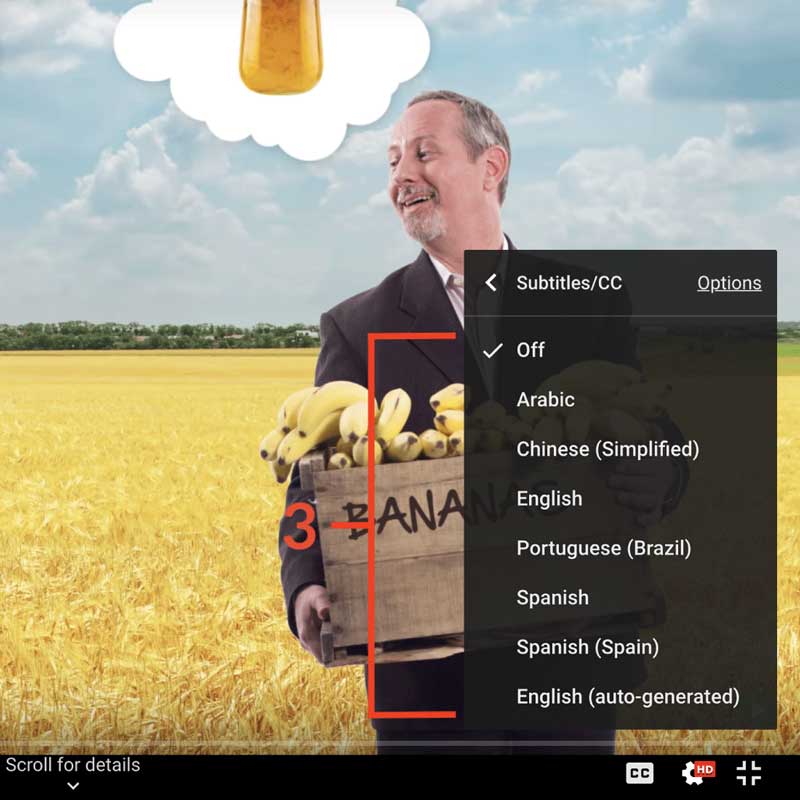Are We Better Off If We Buy Local?
Course Outline
Are We Better Off If We Buy Local?
In this Everyday Economics video, Don Boudreaux addresses one of your viewer-submitted questions: “Is everyone better off if we buy local?” In a modern economy, it’s hard to say that anything is truly “local.” Even an apple grown at a nearby farm isn’t a “local” good — everything from the fertilizer used to feed the trees to the wooden crates that carry the apples to market are likely made elsewhere. And, the profits the farmer makes from selling his apples are likely not spent locally — for instance, he may buy a tractor or supplies manufactured far away. This video also takes a look at what would happen if you could direct your money locally. Would it benefit the local economy? How many businesses could survive solely on local business? What happens to specialization and productivity when we shrink markets? What about prices and variety of goods? Let’s take a look. - See more at: http://mruniversity.com/courses/everyday-economics/buy-local-movement-sh...
Teacher Resources
Transcript
In our previous Everyday Economics videos, we asked you, the viewer, to tell us where the course should go, and you did. The top voted topic was, "Is everyone better off if we buy local?" That's a great question. There are many arguments behind the case to buy local. Lots of these arguments involve consumer tastes and preferences, about which Economics has little to say. What Economics can shed light on is the question of whether spending money locally keeps more money flowing through the community, which allegedly benefits local businesses and increases the number of local jobs.
First, a practical issue. In a modern economy, almost nothing is produced 100% locally. Maybe that apple that you picked up at the local farmer's market did grow on a tree only five miles from your house. But what you also need to consider are these things: the bees trucked in to pollinate the orchard, the fertilizers that feed the apple trees, and the wooden box the farmer uses to tote his apples to market. None of these things are made locally. The fact is, that local apple isn't as local as it seems, and the profits of the local farmer are also likely to be spent non-locally. So it's naive to suppose that if you buy from a local supplier that your money necessarily remains confined to the local economy.
Let's suppose that you could direct your money locally and that all of your neighbors do the same. Would that be good for the local economy? It's important to realize that much of the money flowing into your community comes from the outside. So if it were good for your community to stay local, then it would be good for other communities to stay local as well. Think about all the jobs and businesses that exist today. How many of them could survive solely on local business? If you've watched our previous videos, you know that globe-spanning specialization is a huge source of our amazing modern prosperity. Specialization increases with the size of the market. If you force markets to be small, you shrink specialization. And if you shrink specialization, you make people less productive. So it's simply mistaken to believe that one can buy local and still have the same productsavailable at the same prices. Buying locally is what we did for thousands of years, because we didn't routinely trade over long distances. It was the opposite force that helped us to our modern prosperity, mainly the ability to cooperate with multitudes of strangers much further away, the ability to apply scale to be more productive, and to utilize ideas from all over the world. A widely followed “buy local” strategy would mean higher prices and less variety. We'd voluntarily make ourselves poorer. That's not to say that some local products aren't worthwhile. I personally love the freshness of local produce and some unique local restaurants. But I buy these products because they're better, not just because they're local.
The best way to have your local community thrive is to produce products and services that people want. There are other arguments to the case for buying local that we don't have time to cover in this video. But if you'd like to see them addressed, go vote. We are at your service. Voting continues, so please send us whatever additional Everyday Economics questions you have.
Here's the current leader board. Go vote and tell us what topics you want covered next.
Subtitles
- English
- Spanish
- Chinese
Thanks to our awesome community of subtitle contributors, individual videos in this course might have additional languages. More info below on how to see which languages are available (and how to contribute more!).
How to turn on captions and select a language:
- Click the settings icon (⚙) at the bottom of the video screen.
- Click Subtitles/CC.
- Select a language.


Contribute Translations!
Join the team and help us provide world-class economics education to everyone, everywhere for free! You can also reach out to us at [email protected] for more info.
Submit subtitles
Accessibility
We aim to make our content accessible to users around the world with varying needs and circumstances.
Currently we provide:
- A website built to the W3C Web Accessibility standards
- Subtitles and transcripts for our most popular content
- Video files for download
Are we missing something? Please let us know at [email protected]
Creative Commons

This work is licensed under a Creative Commons Attribution-NoDerivatives 4.0 International License.
The third party material as seen in this video is subject to third party copyright and is used here pursuant
to the fair use doctrine as stipulated in Section 107 of the Copyright Act. We grant no rights and make no
warranties with regard to the third party material depicted in the video and your use of this video may
require additional clearances and licenses. We advise consulting with clearance counsel before relying
on the fair use doctrine.


